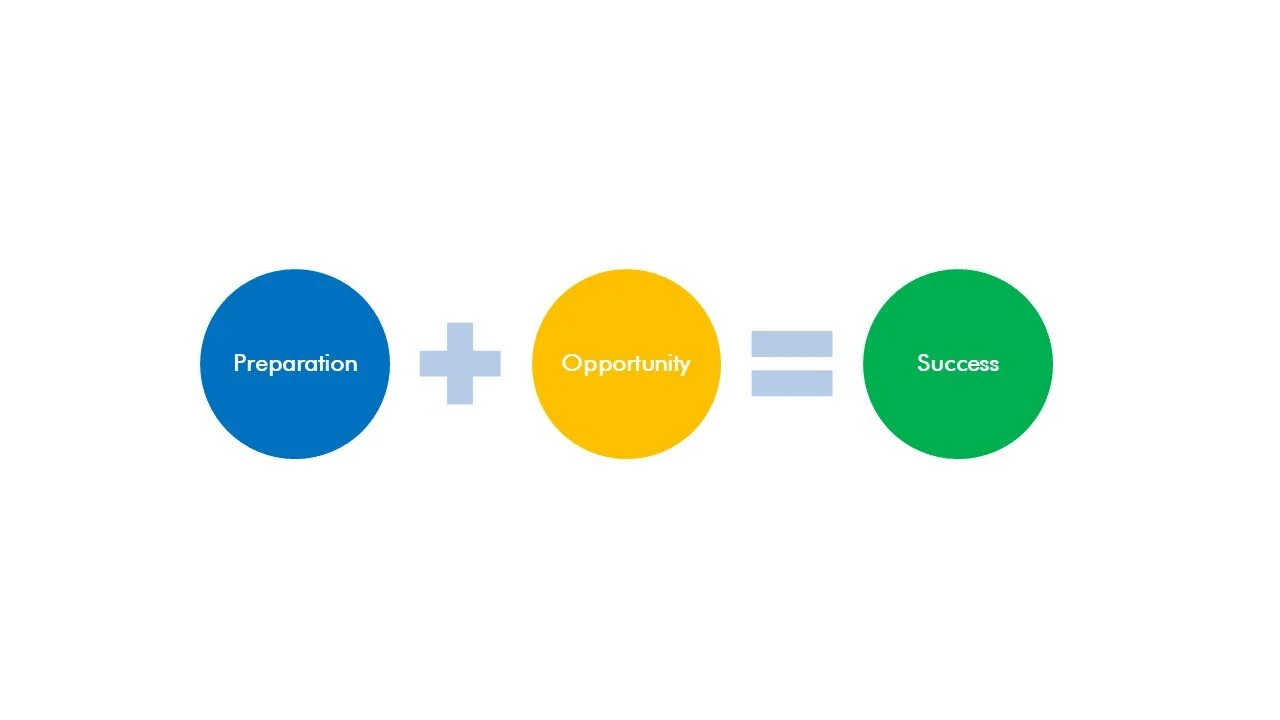The Case for Operational Support
/Amanda Mizrahi, program officer for Aish from the Mayberg Foundation, and Dan Hazony, Chief Information Officer of Aish, discuss why an operational framework for giving is so important. According to Mizrahi, outward signs of an organization’s major growth, like a new building or program, are flashy and fun, but they only work if they continue to stand on a strong foundation, which has to grow with the organization. “I would think that anyone who cares about the success of any nonprofit would want to understand the base’s stability before adding onto it,” she writes. “A new program that aligns with an organization and donors’ mission is exciting, but only if that success is sustainable because the organization’s baseline operations (fundraising, data, and communications) are all in good shape.”
Read More




















